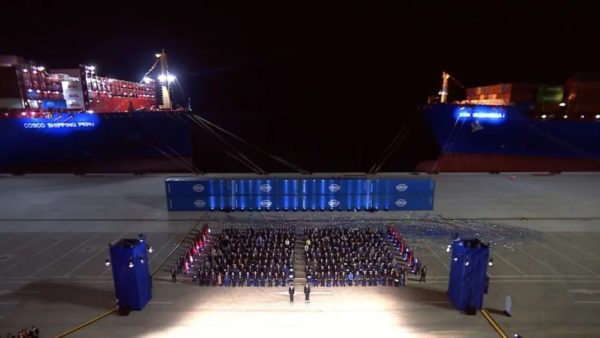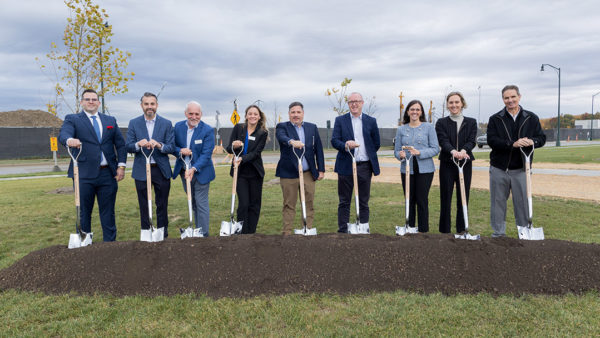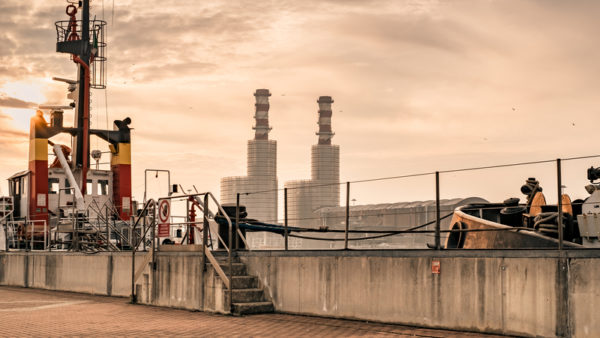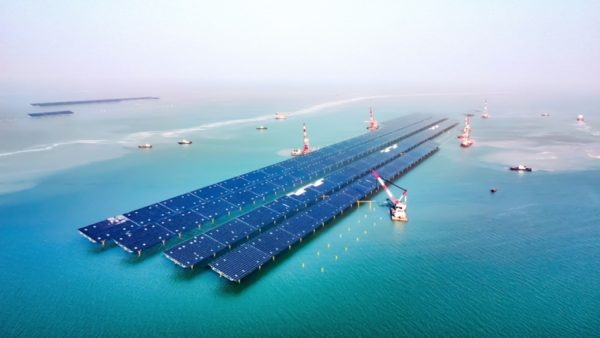Proposals to build a vacuum maglev system between Edinburgh and London, and another between Liverpool and Glasgow, have made a shortlist of 10 in the Hyperloop One Global Challenge to determine which possible routes around the world have the best business case.
The Liverpool to Glasgow proposal was put forward by the Northern Arc team, led by Newcastle-based Ryder Architecture and Arup. The aim is to merge the main urban centres of northern England with the central belt of Scotland, thereby creating a "pan-Northern city region" able to hold its own against London and the southeast.
Paul Bell, a partner at Ryder, said, "We’re hugely excited to be selected to collaborate with Hyperloop One on this transformational proposal. Hyperloop One is progressing the proof of concept work in Nevada at an incredible pace. The north gave the world railway technology and we are passionate about making sure it is at the forefront of the next generation of transport innovation, developing skills, expertise and system components that will be exported around the world."
HypeEd, the team behind the Edinburgh to London link, is made up of students at the University of Edinburgh. It will spend the next year devising a business case for the line, and they are also entering a SpaceX competition to design and build the best pod.
The proposals to link up the largest cities in England and Scotland were among several hundred entries to the competition, which was launched by one of the US companies racing to bring the ultrafast transport technology to market.
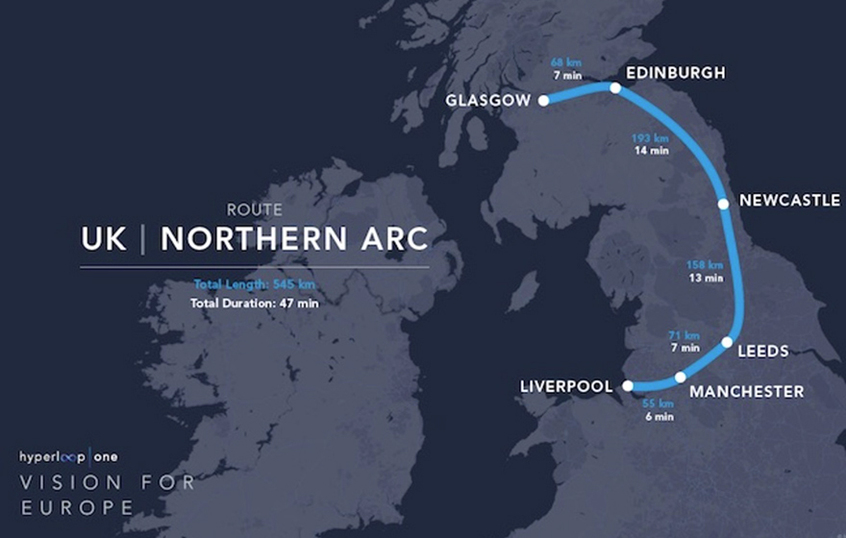
The proposed Northern Arc
Of the other shortlisted entries, four were in the US, two in India and one each in Canada and Mexico. The full shortlist, with the teams that entered, is as follows:
- Hyperloop India: Mumbai to Chennai (1,102km)
- Texas Triangle: Dallas to Houston (1,030km)
- Midwest Connect: Chicago, Illinois-Columbus, Ohio-Pittsburgh, Pennsylvania (785km)
- HypED: Edinburgh to London (666km)
- HyperCan: Toronto to Montreal (620km)
- Rocky Mountain Hyperloop: Cheyenne, Wyoming-Denver, Colorado-Pueblo, Colorado (580km)
- Northern Arc: Liverpool to Glasgow (545km)
- Mexloop: Mexico City to Guadalajara (532km)
- Miami/Orlando Hyperloop: Miami to Orlando (414km)
- Aecom India: Bengaluru to Chennai (324km)
In a press statement, Hyperloop One said it would now commit "meaningful business and engineering resources" to determine their commercial viability of the routes.
The first of these deals has already been struck with the Rocky Mountain route, as Hyperloop One, the Colorado Department of Transportation (CDOT) and US engineer Aecom have agreed to enter a public-private partnership to begin a feasibility study in Colorado.
Rob Lloyd, the chief executive of Hyperloop One, said: "We’re excited about the partnership with CDOT and Aecom, which was a direct result of the Global Challenge and a testament to the power of open innovation. This is unprecedented and demonstrates how quickly the public and private sectors can partner to make Hyperloop systems a reality around the world. Studies like this bring us closer to our goal of implementing three full-scale systems operating by 2021."
Hyperloop One will now work with each winning team to analyse their proposals and provide initial ridership forecasts, business case and preliminary technical analysis of the route and corridor.
Its business and technical leaders will host in-country workshops with each team and connect them with Hyperloop One’s global partner network to sharpen the feasibility and scope of the potential routes.
Another 11 finalists will be announced in the coming months.
Top image: Pipe dreams: Will we ever be able to travel from Newcastle to Edinburgh before our coffee goes cold? (CM)
Further Reading:





